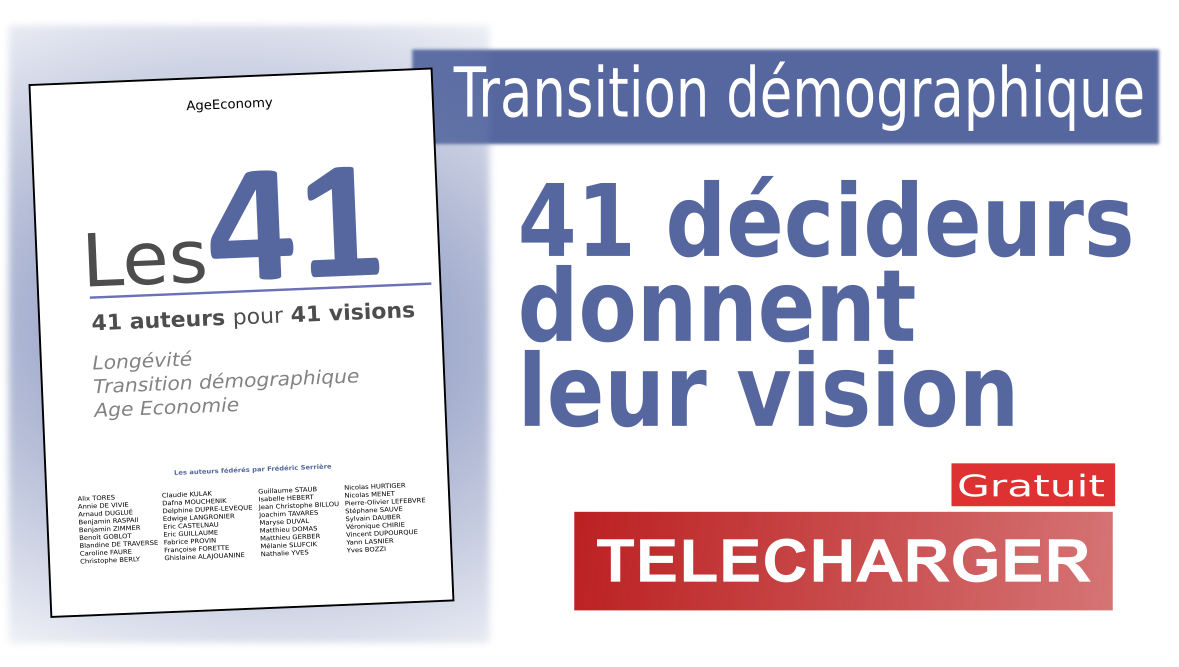Why are people from the same generation so similar in their shopping motivations and habits? Are younger generations becoming less frugal and more spendthrift than their older counterparts?
;
Argosy University/Seattle doctor of business administration graduate, Dr. Laura Portolese Dias, a shopping habits and trends researcher, reveals the motivational factors behind shopping which guides different generations of buyers.
;
Portolese Dias says that while there is evidence to suggest some truth to a more free-spending trend in younger generations, she also points to Generation X (people born between 1965 and 1980) as people who have the potential to be just as frugal as their Matures counterparts (Over 65) that grew up in the Depression and lived through World War II.
;
;When it comes to giving out presents this year, recipients of gifts from Gen X’ers may find this group to be just as frugal.
;
The problem stems from events surrounding the dot-com bust of the 1990’s, (which impacted young adults almost as much as the Great Depression did their grandparents), resulting in both age groups becoming a bit more penny- pinching. Gen X’ers gifts will be more likely to come from a discount store than an upscale retailer. On the other hand, the best age group to get a present from this year is the Baby Boomer generation since, as Portolese Dias says, « they have never been through hard times really and have always spent their money freely. »
;
As part of her research, Dr. Portolese Dias compared Matures (50’s Rock & Roll, September 11th); Older Baby Boomers (hippie movement, 50’s Rock & Roll); Younger Baby Boomers (increase in divorce rates, both parents working); Generation X (Dot Com Boom and Bust, parents, divorce); and, Generation Y (Dot Com Boom and Bust, parents, divorce).
;
People who experienced similar events together during formative childhood and teenage years tend to be similar in their buying habits. For example, the Great Depression or World War II generation lived through rationing on a daily basis for an extended period of time. Consequently, this generation demonstrates a more conservative and watchful spending when it comes to quantity and cost during the holiday gift buying season. « They practice frugality as a way of life, » says Portolese Dias.
;
« Individuals don’t always buy because something is a great product. When purchasing clothes, for example, there was a huge difference between generations. Generation X and Y were similar in their motivations for buying clothing — entertainment value, excitement and because they could while Matures and Baby Boomer’s found shopping for clothing tedious and boring.
;
The latter two groups find that clothing was not designed to fit their changing bodies, the styles were not conducive to their lifestyles, and a myriad of other issues that they believed that retailers today have been overlooking. »
;
Portolese Dias says research like this can be useful in the development of advertising for each of these generations. Marketers must take into consideration the major events that have taken place in the lives of each generation and the underlying reasons why « happiness » or « fun » are motivations for shopping and buying habit. Could there be similarities and parallels drawn between « skipped » generations, such as the Matures and Generation Y?
;
Perhaps Y’s will behave more like their grandparents in the future, rather than their parents when determining buying motivations. As a result, the life experiences contained in any one generation and how it impacted that generation’s lifestyle will figure accordingly into its shopping habits and trends of the future.
;
Argosy University/Seattle is one of 13 Argosy University ( http://www.argosyu.edu ) campuses and four extension sites across the nation offering undergraduate, graduate, and postgraduate degrees in the disciplines of business, education, health sciences, and psychology and behavioral sciences. Argosy University is accredited by the Higher Learning Commission and is a member of the North Central Association (NCA) (30 North LaSalle Street, Suite 2400, Chicago, IL 60602, 1.312.263.0456, http://www.ncahlc.org ).
;
The parent company of Argosy University, Education Management Corporation ( http://www.edmc.com ) is among the largest providers of private post- secondary education in North America, based on student enrollment and revenue. Student enrollment exceeded 66,000 as of fall 2004. EDMC has 67 primary campus locations in 24 states and two Canadian provinces. EDMC’s education institutions offer a broad range of academic programs concentrated in the media arts, design, fashion, culinary arts, behavioral sciences, health sciences, education, information technology and business fields, culminating in the award of associate’s through doctoral degrees. EDMC has provided career-oriented education for over 40 years.
;
Source: Argosy University




